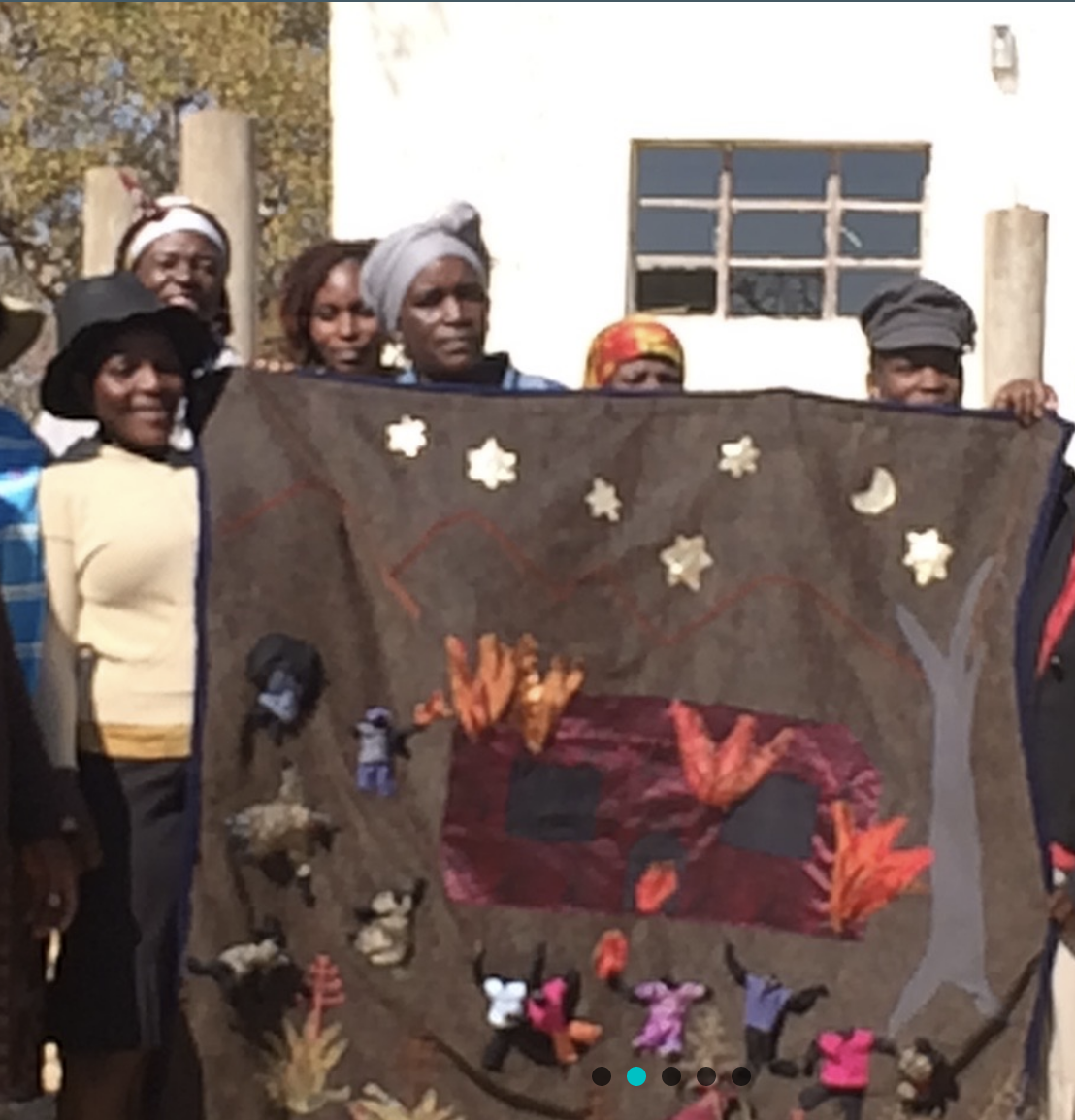
A TALE OF ARRESTS AND TESTS… Covid in Bulawayo and Rural Matabeleland

I interview an activist from UKUTHULA TRUST to discuss the conditions in Bulawayo and rural Matabeleland in Zimbabwe
Summary of Main Findings
- Indefinite lockdown started on Level 2 on 4 May 2020, in a context in which Zimbabwe has not reached the WHO standards for lifting of lockdown.
- Regionally, there are increasing concerns about whether lockdown infringes citizens’ rights including the right to earn a living.
- Zimbabwe initially locked down in good time to contain the virus, but may lose the advantage if health facilities are not quickly upgraded, and ways found to stem virus transmission without driving citizens into worse poverty and hunger.
- By 27 May, there had been more arrests than tests: this points to a greater concentration on punishment than on education of citizens – and also to the fact that vast numbers of citizens remain prepared to risk arrest and/or infection, as a lesser evil than starvation.
- It is of great concern that by 4 June, just as the virus was taking hold nationally, with numbers trebling between 25 and 28 May, there was NOT ONE dedicated government institution offering effective isolation and ICU care for critically ill Covid 19 in Bulawayo – a city that is the referral point for five provinces – the three Matabeleland provinces, Masvingo and Midlands. More than two months into lockdown, this is hard to understand.
- There have been several instances of state abuses of civilians under lockdown.
- Neither Thorngrove nor Ekusileni are ready for Covid 19 patients, and CEO of Mpilo hasexpressed concern about having cases there because of the possibility of cross infection.
- Formal returnees are entering the country in numbers, and appalling conditions inquarantine centres may be turning them into hot spots of cross infection.
- Many others are using up to 200 undesignated entry points to Zimbabwe, and smuggling ofpeople and goods is widespread, posing a threat of Covid 19.
- Bulawayo has a terrible water crisis, which has led to massive, crowded queues for water inmany suburbs. Social distancing is not respected.
- Queues for Zesa, Zupco, banks and remittance agencies also pose risks.
- People are generally informed about how to protect themselves, but many still believe thevirus is not a real threat to them, and starvation and poverty are bigger threats.
- The OMalayitsha who have proper cross border delivery trucks are now bringing in grocerieson behalf of some of those without, for onward distribution from Bulawayo. Others are collecting goods from unauthorised entry points on the Limpopo. There is still a deficit of goods compared to the past.
- In rural Matabeleland, people continue to ignore social distancing, and seldom wear masks correctly, if at all. Funerals are mostly be crowded, with a few good exceptions. Health professionals are informed and doing their best, with minimal stocks of PPE in most cases.
- Food security remains a huge dilemma throughout rural Matabeleland, with most stores charging in SAR, with tough exchange rates to Z$, ranging from 2 to 1, to more than 3 to 1. Most people cannot afford these prices unless they have remittances, and now few do.
- Water supplies are dismal, and in Tsholotsho people are drinking green slime.
- In Matabeleland South, many have had to barter their Mopani worms (amacimbi) atsometimes extortionist rates, to get essential groceries: the worms ate all the leaves and now the cattle, that depend on these leaves, are likely to starve this winter.

Comments (0)